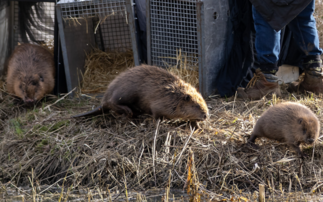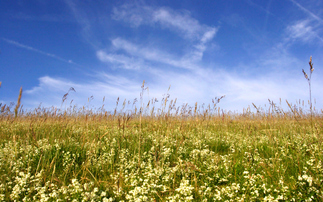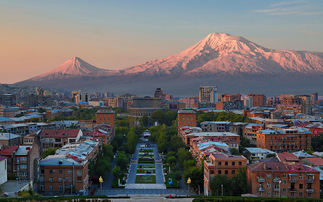Oxfam GB's Matthew Spencer asks if earmarking a chunk of the aid budget for conservation projects can really help drive sustainable development
It's a good time to be revisiting the case for integrating poverty reduction and environmental sustainability. Growing economic inequality in fast-growing developing economies is exacerbating threats to biodiversity, as poor farmers are pushed further into frontier wilderness. A combination of climate change and conflict mean that global hunger levels are growing for the first time in many years.
Combining efforts to tackle our biggest environmental challenges with poverty reduction should produce win-wins, but progress has been elusive. There has been some momentum in climate policy, particularly in climate finance which is belatedly addressing the climate adaptation needs of the poorest farmers, but nature conservation and poverty reduction have been uncomfortable bedfellows. Put at its simplest, many nature reserves in the Southern world are threatened by people seeking land to farm. Many reserves block legitimate harvesting rights by poor communities seeking food or fuel to augment their meagre livelihoods.
Into this neglected terrain today lands a new report Saving Global Nature, greening UK Overseas Development Assistance by the Conservative Environment Network and the centre-right think tank Bright Blue. It makes the case that £1bn of overseas aid should be spent by Defra on a range of eye catching nature conservation initiatives such as 'iconic' animal corridors in the southern world. These could protect the flight paths of African-British migrants like the nightingale, and the range lands of the East African elephant. The authors also make the sensible case for DFID to ensure that none of its aid causes harm to biodiversity, and call for greater use of bilateral aid over dominant multilateral institutions.
It is the proposals for spending aid on iconic wildlife which will lower its standing in development circles. It conveys a rather two-dimensional approach to sustainable development led by charismatic species, not by the needs of the poorest people who share the same space. This is reinforced by the report's focus on how the UK's aid programme should align with nature conservation priorities with no discussion about how UK global conservation efforts could alleviate poverty.
As someone who makes an annual foray into the British countryside to hear nightingales I would back better protection for their flight path. I would love to see a jaguar migration path established in the cloud forests of Latin America where I first worked as an ecologist. But they deserve funding on their own merits. They should not be funded by overseas aid, where less than two pence in the pound of public spending is set aside to help the millions of women and men living in poverty escape it.
There is a case for spending more of the UK aid budget on pro-poor sustainable development, and increasing Dfid's capacity to do so. The good news is that poverty reduction can be green. Brazil has reduced poverty and deforestation by giving small farmers a better deal. But doing it well requires a much greater focus on what's critical to good development - namely empowered citizens and effective, accountable local institutions. Unfortunately it can't be built around the migration routes of the Nightingale, the African Elephant or the Jaguar.
Matthew Spencer is director of policy at Oxfam GB and a former director of Green Alliance






